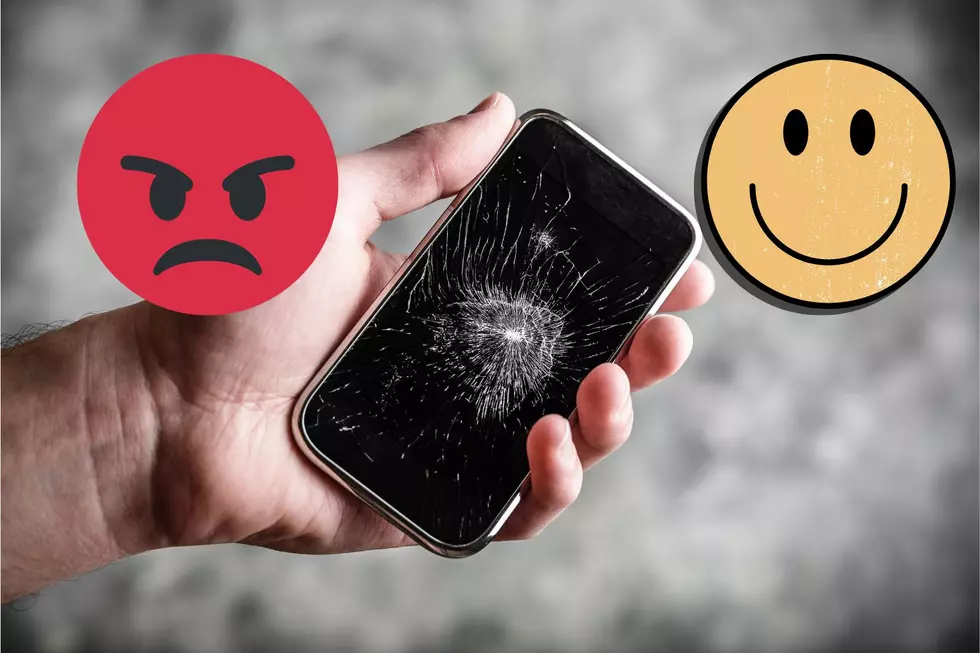
Have A Broken Cell Phone? ‘Right to Repair’ Law Just Passed
If you are like most of us and have a fancy smartphone, anytime something goes wrong with it or it stops working, it can become almost impossible to get it fixed close to home. It looks like that is about to change.
The days of having to drive really far to get your cell phone fixed are numbered as New York has become the first state to pass legislation that will help local digital repair shops get the parts needed to fix phones in-house.
Right to Repair Law
The new law passed in both the Senate and the Assembly and will require all original equipment manufacturers (Samsung, and Apple) to provide diagnostics and repair information to independent repair shops. How does this help us? It means that instead of having to go to places like Apple to get your device fixed, you can go to a local repair store and have your device fixed according to News 10.

I personally have an Apple iPhone and the few times I have an issue with the phone not working properly, I've had to pack up the car and drive all the way from Poughkeepsie to the Apple store in Danbury, CT to have someone fix whatever was wrong with it.
The new law was passed to not only make it easier for people like us to get our phones fixed closer to home but it was also passed in hopes of lessening electronic waste.
Assemblywoman Pat Fahy who sponsored the bill told News 10 that this is a huge success for New York, "if we were to just hold onto our phones for one more year, just one more year. It would be the equivalent of taking over 600,000 cars off the road each year."
Good for Locally Owned Businesses
A bill like this will also help keep local small businesses open as repair shops will actually be able to fix phones on site. Fahy said, "We’ve got to stop monopolistic practices, allow small businesses to do this, allow school districts to be able to repair their equipment". Experts say that the Right to Repair Law could save consumers from three to $400,000 a year.
The bill still needs to be signed by New York Governor Kathy Hochul and once it is, the new law should go into effect within the next 6 months.



